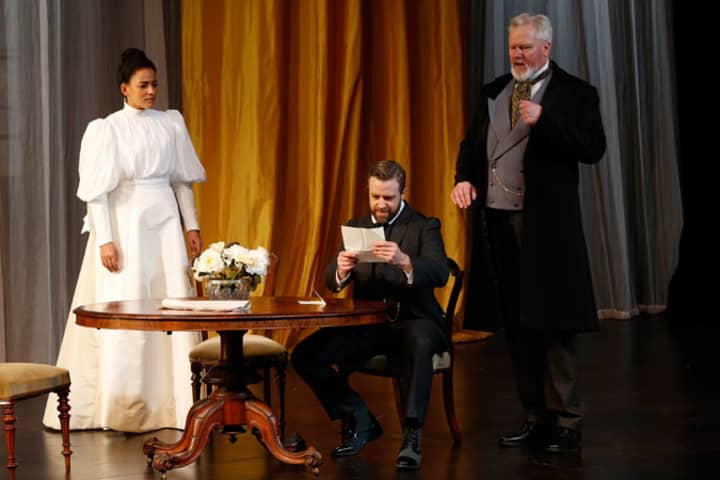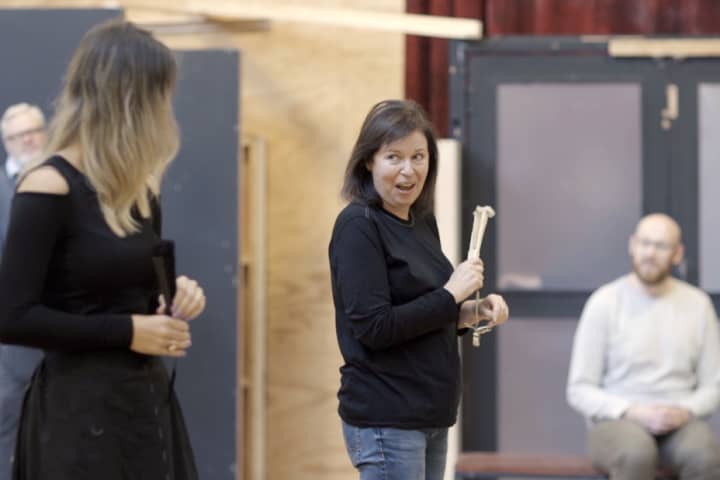The life and legacy of Irish playwright Oscar Wilde.
Oscar Wilde penned An Ideal Husband in the height of England’s Victorian era of decadence. It was a booming time for literature and drama – particularly concerning the social criticisms of the day. The Aesthetic Movement, of which Wilde was a great part, promoted the theory, ‘Art for Art’s Sake’, and emphasised that art did not need moral justification.
In his 1891 essay The Soul of the Man under Socialism, Wilde wrote, ‘Art is individualism, and individualism is a disturbing and disintegrating force. There lies its immense value. For what it seeks is to disturb monotony of type, slavery of custom, tyranny of habit, and the reduction of man to the level of a machine.’
Born in Dublin in 1854, Wilde’s mother wrote poetry for the revolutionary Young Irelanders while his father was a knighted surgeon. From a young age, he experienced a unique level of privilege and was exposed to many great thinkers, learning French and German from his two governesses.
The Wilde family spent their summer holidays at a villa in County Mayo, where a young Wilde befriended poet and novelist George Moore.
He went on to attend Trinity College in Dublin and then Magdalen College in Oxford, before moving to London and joining Britain’s most exclusive society circles. It was during this time Wilde published a volume of poetry before embarking on an American lecture tour.
When he returned to England, between 1890 and 1895, he created his most prolific work. The Picture of Dorian Gray (1891) – his first and only novel – brought to light his hedonistic and homoerotic proclivities. This text opened his work up to widespread praise and criticism. The following years saw a string of plays conquer the West End. Lady Windemere’s Fan (1892), Salomé (1893), A Woman of No Importance (1893), and in 1895, An Ideal Husband and The Importance of being Ernest, both of which cemented his place in 19th century British literary history.
Whilst writing Salomé in France, Wilde began his star-crossed love affair with Lord Alfred Douglas. A relationship that saw the two entangled in a nine-year secret, which resulted in Wilde’s conviction for crimes of sodomy and gross indecency. Sentenced to two years hard labour, he left prison in complete destitution. He lived for three more years in exile; desperate and drug dependent, he died alone in a Paris hotel aged 46.
At the time of his trial, Wilde responded to the prosecutor saying, ‘There is nothing unnatural about it. It is intellectual, and it repeatedly exists between an older and a younger man, when the older man has intellect, and the younger man has all the joy, hope and glamour of life before him. That it should be so, the world does not understand. The world mocks at it, and sometimes puts one in the pillory for it.’
In 2017, Oscar Wilde was pardoned, posthumously, for this offence.
Published on 28 August 2017





